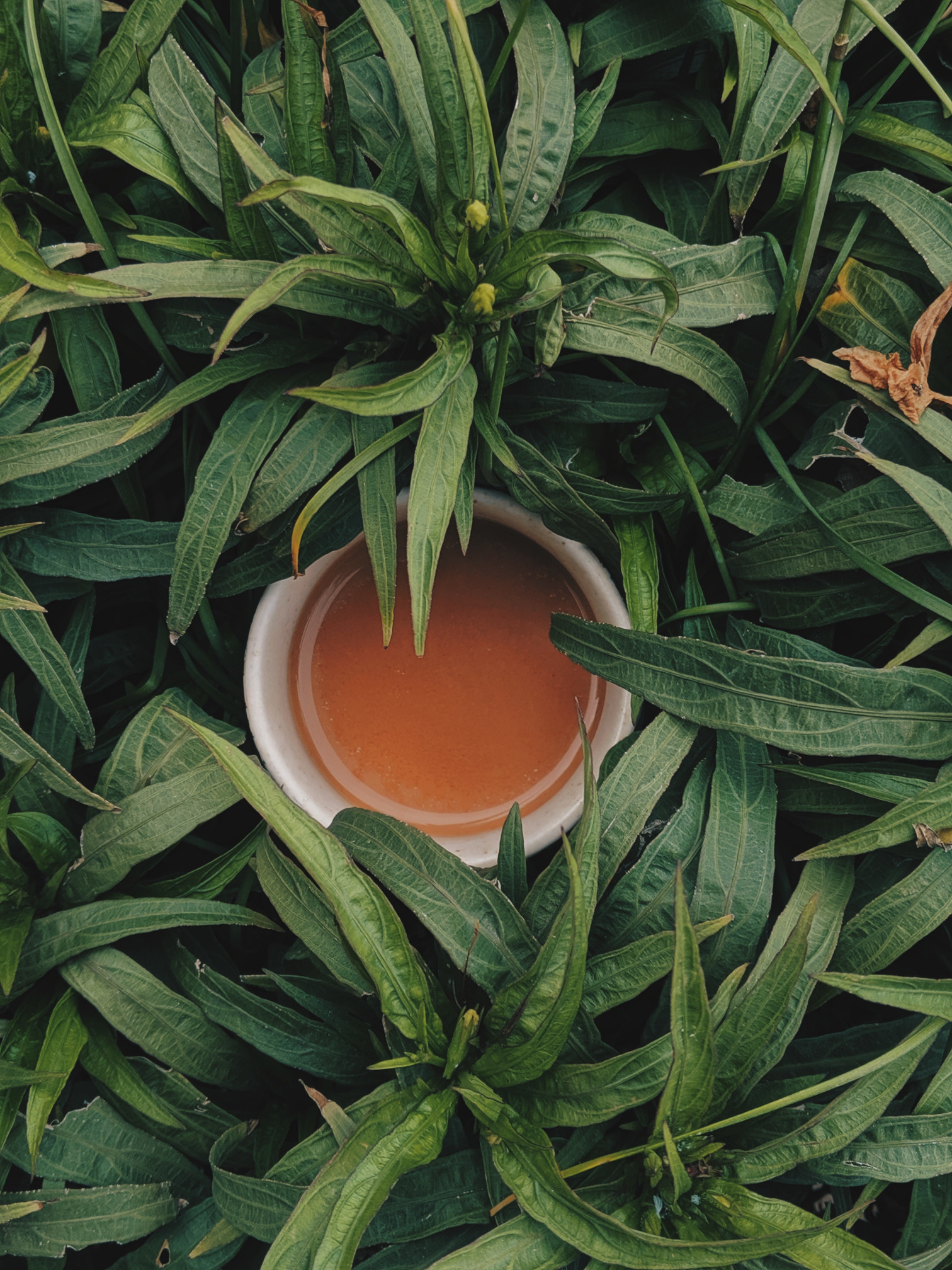A significant breakthrough in the field of diet-based therapies is nutritional support. One of the critical elements of these initiatives to safeguard health and lower the risk of various diseases is tea and its elements. Besides, after water, tea is the most consumed beverage globally. Depending on the post-harvest treatment and chemical components, it is enjoyed in many forms, including oolong, green, black, and Ilex tea. The leaves of the Camellia sinensis plant are used to produce different types of tea.
Tea is said to be utilised in treating colon, oesophagus, lung cancers, urinary stones, dental caries, diabetes, arthritis, cardiovascular disease (CVD), stroke, genital warts, and obesity since it is high in natural antioxidants. The hazards and advantages of drinking tea continue to be debated. However, the innumerable health benefits of tea much outweigh the few harmful consequences that have been identified.
Put your kettle on and as you wait for your perfect cup of tea, let us tell you of the benefits one sinful and refreshing cup of tea can bring to your system.
Benefits of Green Tea
Green tea comes from China, where the leaves are heated up and processed through roasting or pan-firing, and Japan, where the leaves are more frequently steamed.
Green tea contains a lot of polyphenol antioxidants, such as the catechin known as EGCG. Catechins are organic antioxidants that protect cells from oxidative stress. These compounds can lessen the body’s production of free radicals linked to disorders, including ageing and cancer, thus protecting cells and molecules from damage. Potent antioxidants may also defend against colon, prostate, and breast cancer.
In addition to helping you stay awake, green tea may also aid in improving brain function. Caffeine is the main active component and is a well-known stimulant. The caffeine content might not be as pronounced as in coffee. However, it is sufficient to elicit a reaction without the jittery symptoms resulting from consuming too much caffeine. The component has often been demonstrated to enhance various brain functions, such as mood, focus, reaction time, and memory. It also carries the amino acid L-theanine, which has anti-anxiety properties and stimulates the release of dopamine and alpha waves in the brain. When combined with caffeine, it can enhance cognitive performance.
The bioactive ingredients in green tea can protect the brain in several different ways. They could lessen the possibility of dementia, a common neurological disease in older people. The drink also contains catechins, which may prevent germs in the mouth from growing and lessen the likelihood of developing foul breath. In addition to protecting LDL particles from oxidation, green tea may lower total and LDL (harmful) cholesterol levels.
Although not all research supports it, green tea may enhance fat burning and speed up the metabolism in the short term.
Advantages of Black Tea
The same green tea plant, Camellia sinensis, also produces black tea, which has a darker colour and fuller flavour since the leaves are dried and fermented. Black tea is easy to make and only needs a few minutes. Tea bags or loose leaves can be used, and the flavour can be customised to your tastes. It’s critical to keep an eye on your consumption since the caffeine content in black tea is higher than that in other variants.
If you make yourself a cup of black tea, you gain the advantages of flavonoids. Flavanoids reduce inflammation and promote a robust immune system. Black tea’s polyphenols and antibacterial compounds may help boost immunity and digestive health. According to a study published in 2020, drinking black tea considerably lowers both systolic and diastolic blood pressure. Daily black tea use and other lifestyle changes like stress management practices may help those with high blood pressure. Due to its caffeine and L-theanine levels, black tea can enhance focus. This amino acid boosts the brain’s alpha activity, which can help with focus and alertness.
Polyphenols found in black tea may help the body fight cancer cells. Although drinking black tea won’t cure cancer, it might help slow the growth of cancer cells. It also lowers the risk of developing some forms of the disease.
Benefits of Oolong Tea
The Camellia sinensis plant’s slightly oxidised leaves make the traditional Chinese tea known as oolong.
Oolong tea also has caffeine, vitamins, minerals, amino acids, and healthy tea polyphenol antioxidants. Oolong tea’s polyphenol antioxidants may aid in preserving normal blood sugar levels and lowering the risk of type 2 diabetes. But the evidence is conflicting, and additional study is required. Oolong tea contains polyphenols and caffeine, which together may assist in boosting daily caloric expenditure and specific enzyme inhibition. In the long run, this might help with weight loss.
Oolong tea may be preventive against cancer, much like green and black tea. Besides increasing bone mineral density, it might make tooth enamel stronger and prevent dental plaque from forming. More research is required, but it’s possible that the polyphenol antioxidants in oolong tea will help reduce the symptoms of eczema, and the relief will stay for a long time.
Tea drinking has been used for thousands of years to encourage a healthy lifestyle. To get the best outcomes, choosing the proper tea to drink at the right time is one of the most crucial components.
So it brings us to the following question:
When is the best time to drink tea?
